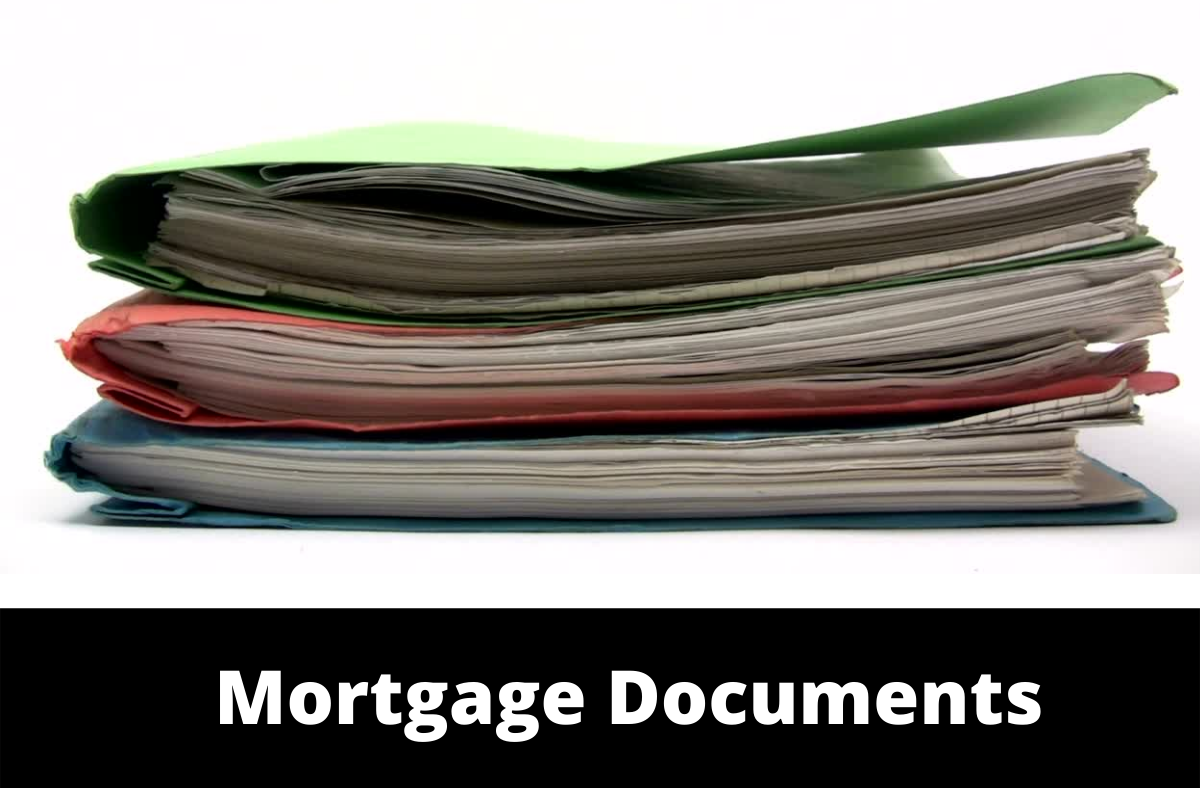 The traditional rule of thumb is that you should put down 20 percent of the cost of the house if you decide to become a homeowner. Unfortunately, the thought of saving 20 percent of the price of a home for a down payment can be daunting for people who are trying to buy a house for the first time. If you purchase a house worth $250,000, this means that you would have to save up $50,000 to put down. Fortunately, there are multiple down payment assistance programs that can make it easier for people to afford a home.
The traditional rule of thumb is that you should put down 20 percent of the cost of the house if you decide to become a homeowner. Unfortunately, the thought of saving 20 percent of the price of a home for a down payment can be daunting for people who are trying to buy a house for the first time. If you purchase a house worth $250,000, this means that you would have to save up $50,000 to put down. Fortunately, there are multiple down payment assistance programs that can make it easier for people to afford a home.
The Traditional First-Time Homebuyer Assistance Programs
If you are purchasing a home for the first time, you might be able to purchase a house for as little as 3.5 percent down. This comes in the form of an FHA loan. Even though there is a chance you might be asked to pay private mortgage insurance, the idea of putting 3.5 percent down immediately makes a house look more affordable.
Programs For Repeat Homebuyers
Even though there are plenty of programs available for first-time home buyers, there are options available for repeat home buyers as well. For example, between 35 and 40 percent of all down payment assistance programs have been designed for repeat home buyers. This means that regardless of where you are at on your journey, there might be programs that can make it easier for you to afford a home.
Programs Are Available For Public Servants
If you work in a service profession, there might be programs specifically designed to help you afford a home. For example, there is a specific program called Teacher Next Door that makes it easier for teachers to afford a home. If you are a first responder, veteran, or active-duty soldier, there are specific programs designed to make it easier for you to afford a home as well.
Explore All Options Available
Ultimately, these are just a few of the many examples of programs that are available that can make it easier for you to afford a home. Even if you do not have the money to put down 20 percent, there are programs that could make it easier for you to purchase a house.
 Last week’s economic reporting included the National Association of Home Builders Housing Market Index, government readings on housing starts and building permits, and data on sales of previously-owned homes. Weekly readings on mortgage rates and jobless claims were also released.
Last week’s economic reporting included the National Association of Home Builders Housing Market Index, government readings on housing starts and building permits, and data on sales of previously-owned homes. Weekly readings on mortgage rates and jobless claims were also released. Do you want to invest in real estate? If you are buying property as a real estate investor, there are a number of important factors to consider. Take a look at some of the most important factors to think about before you decide to sign your closing papers.
Do you want to invest in real estate? If you are buying property as a real estate investor, there are a number of important factors to consider. Take a look at some of the most important factors to think about before you decide to sign your closing papers. If you want to save money on your mortgage, you might think about refinancing. Before you can complete the refinancing process, there are several documents you need to have. Make sure you have all of these documents organized before you go through the refinancing process.
If you want to save money on your mortgage, you might think about refinancing. Before you can complete the refinancing process, there are several documents you need to have. Make sure you have all of these documents organized before you go through the refinancing process. A poor credit history is a reality for many people, but it can be particularly daunting when it comes to investing in a house. Fortunately, if you or yours have experienced bad credit doesn’t mean that you should be penalized in the future. If your spouse has struggled with bad credit in the past but you’re both preparing to move forward and invest in a home, here are some tips for getting it together financially.
A poor credit history is a reality for many people, but it can be particularly daunting when it comes to investing in a house. Fortunately, if you or yours have experienced bad credit doesn’t mean that you should be penalized in the future. If your spouse has struggled with bad credit in the past but you’re both preparing to move forward and invest in a home, here are some tips for getting it together financially. Last week’s economic reporting included readings on monthly and year-over-year inflation and the preliminary reading on consumer sentiment from the University of Michigan. Weekly readings on mortgage rates and jobless claims were also released.
Last week’s economic reporting included readings on monthly and year-over-year inflation and the preliminary reading on consumer sentiment from the University of Michigan. Weekly readings on mortgage rates and jobless claims were also released. A monthly mortgage can seem like enough of a financial responsibility on its own, but there are many factors involved in home ownership that affect its fiscal feasibility. If you’re in the market for a house and are wondering how your income will stack up against the rest of your expenses, here’s how to determine a home cost that’s reasonable for you.
A monthly mortgage can seem like enough of a financial responsibility on its own, but there are many factors involved in home ownership that affect its fiscal feasibility. If you’re in the market for a house and are wondering how your income will stack up against the rest of your expenses, here’s how to determine a home cost that’s reasonable for you. As interest rates fluctuate, you might think about refinancing your mortgage. This is the cost of taking out a new home loan to replace the one you currently have. If you get a significantly lower interest rate, you could save tens of thousands of dollars over the life of the mortgage. On the other hand, you need to think about potential expenses you might incur during the refinancing process. Because you are taking out another home loan, you may need to pay closing costs a second time. What are some of the most common expenses you might have to pay?
As interest rates fluctuate, you might think about refinancing your mortgage. This is the cost of taking out a new home loan to replace the one you currently have. If you get a significantly lower interest rate, you could save tens of thousands of dollars over the life of the mortgage. On the other hand, you need to think about potential expenses you might incur during the refinancing process. Because you are taking out another home loan, you may need to pay closing costs a second time. What are some of the most common expenses you might have to pay? If you decide to go through the refinancing process, there are several options available. One of the most popular options is a cash-out refinance. Essentially, you capitalize on the difference between current interest rates and the interest rate on your home loan to keep your payments the same while also drawing equity out of your home in the form of cash. You can use this money to fund your retirement, complete home repairs, or do a renovation project. Even though you can do just about anything you want with this cash, what do you need to know about a cash-out refinance and taxes?
If you decide to go through the refinancing process, there are several options available. One of the most popular options is a cash-out refinance. Essentially, you capitalize on the difference between current interest rates and the interest rate on your home loan to keep your payments the same while also drawing equity out of your home in the form of cash. You can use this money to fund your retirement, complete home repairs, or do a renovation project. Even though you can do just about anything you want with this cash, what do you need to know about a cash-out refinance and taxes? If you are looking for a home, you might need to finance it using a lender, such as a bank or a credit union. There are a number of factors that will influence whether your mortgage application is approved. Then, these same factors will play a role in the terms the lender might offer you. One of the most important factors is called the debt to income ratio, or DTI. It is important to understand how this will impact your mortgage application.
If you are looking for a home, you might need to finance it using a lender, such as a bank or a credit union. There are a number of factors that will influence whether your mortgage application is approved. Then, these same factors will play a role in the terms the lender might offer you. One of the most important factors is called the debt to income ratio, or DTI. It is important to understand how this will impact your mortgage application.